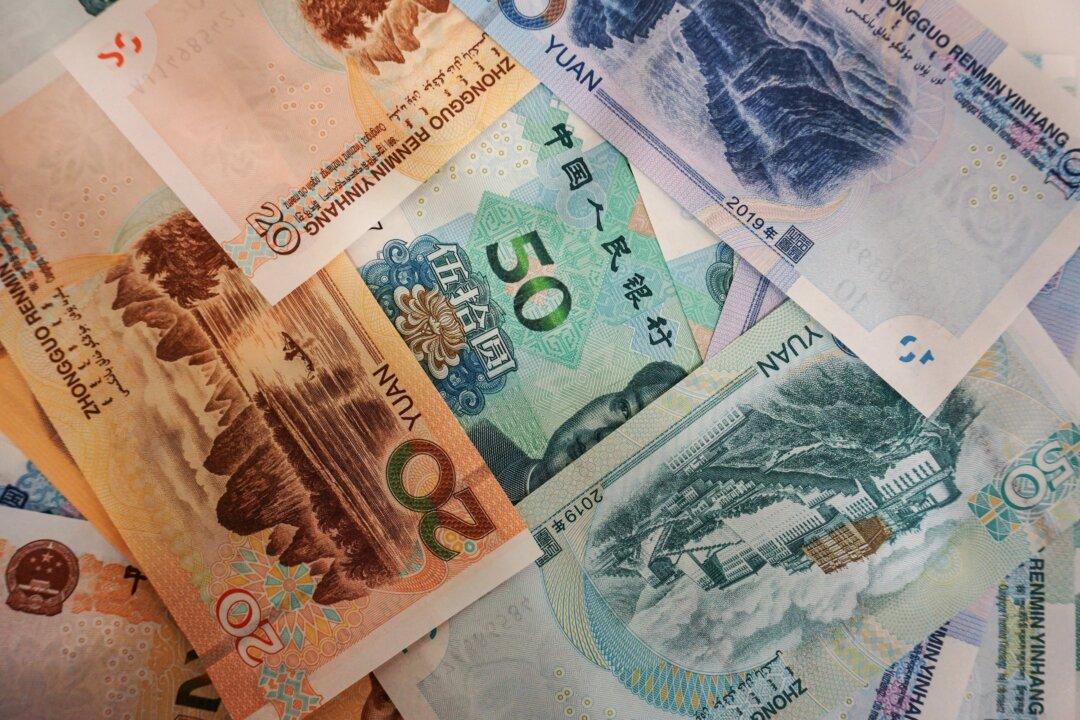News Analysis
China’s volume of international transactions that cleared in its own yuan currency tumbled on fading confidence in its financial stability by 12.31 percent in October 2019.

China’s volume of international transactions that cleared in its own yuan currency tumbled on fading confidence in its financial stability by 12.31 percent in October 2019.